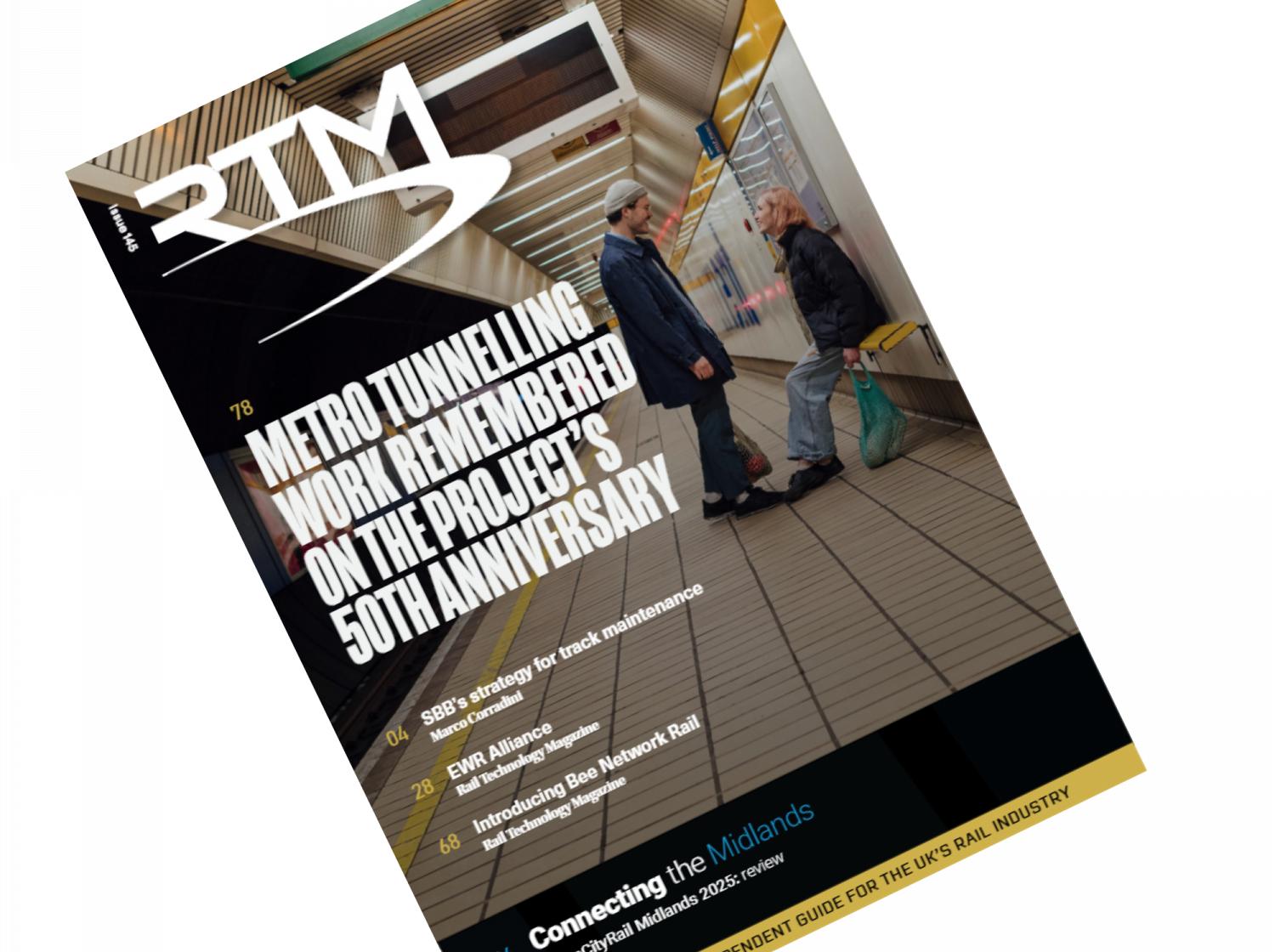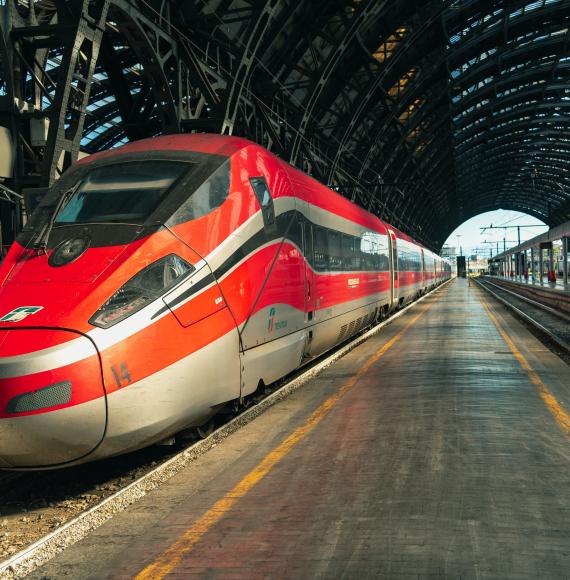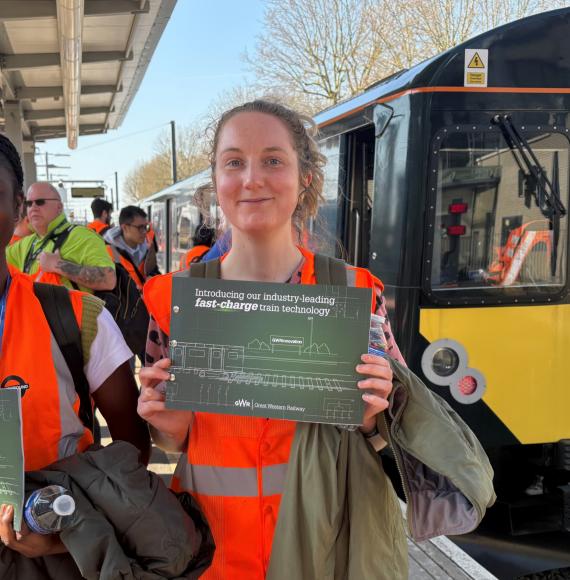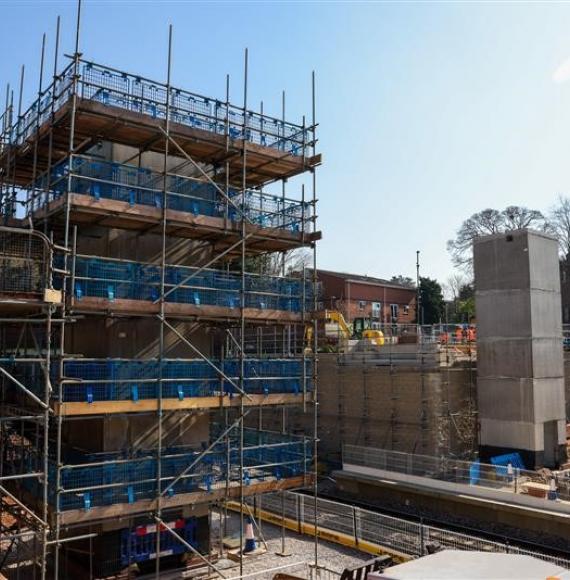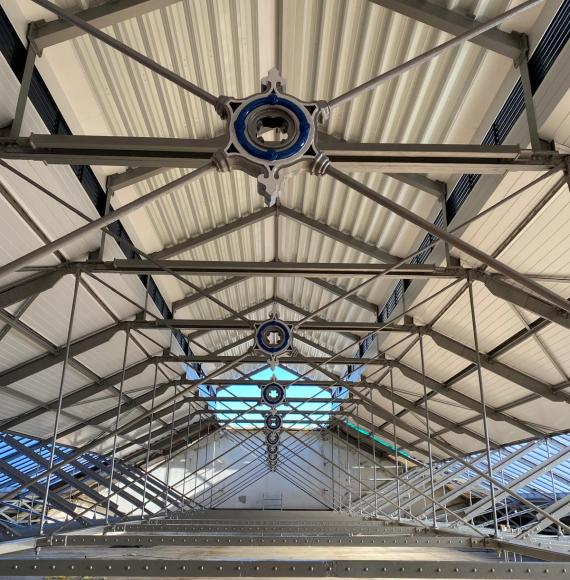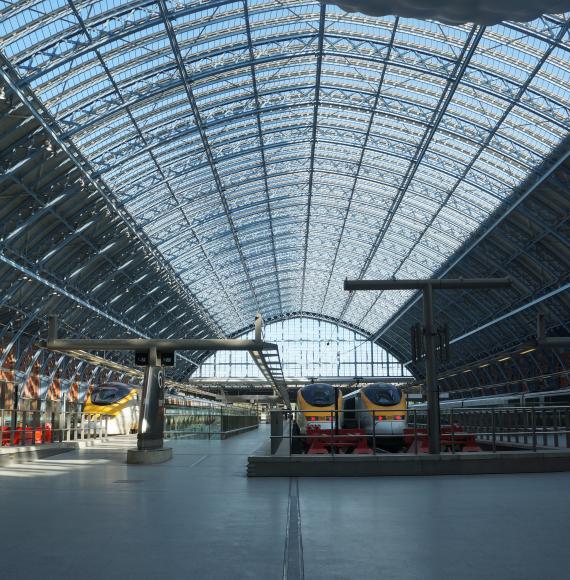The potential, upcoming rail strike is moving closer by the day, due to thousands of workers voting overwhelmingly in favour of action. The announcement from the RMT union has claimed that 71% of 40,000 members balloted took part in the vote, with 89% voting in favour of strike action and 11% voting against.
Strike action appears to be a foregone conclusion at this point, with the major question being: when will the union announce strike dates?
Industry leaders such as Network Rail have come out against the strike action, insisting that continued dialogue and compromise are the required solutions, not extreme action. Network Rail representatives have asked for a “talk, not walk” strategy.
Andrew Haines, Network Rail’s chief executive, said:
“The RMT has jumped the gun here as everyone loses if there’s a strike. We know our people are concerned about job security and pay. As a public body we have been working on offering a pay increase that taxpayers can afford, and we continue to discuss this with our trades unions. We urge the RMT to sit down with us and continue to talk, not walk, so that we can find a compromise and avoid damaging industrial action.
“We are at a key point in the railway’s recovery from the pandemic. The taxpayer has provided the industry with £16bn worth of additional life support over the last two years and that cannot continue. Travel habits have changed forever and the railway has to change as well to adapt to this new reality. We believe that by modernising – creating safer jobs for our people and operating the railway more efficiently – we can build a sustainable future with a railway that delivers for passengers and taxpayers.
“Any industrial action now would be disastrous for our industry’s recovery and would hugely impact vital supply and freight chains. It would also serve to undermine our collective ability to afford the pay increases we want to make.”
It has been estimated that if the strike were to go ahead, then it could cost Network Rail, alone, around £30m per day. This would be disastrous for the resurgent rail industry recovering from the pandemic drop in passenger usage.
Whilst the overall numbers have recovered to around 75% of pre pandemic levels, the industry will struggle greatly to maintain stability if strike action is pursued. It is therefore vital that train operators work with the unions to save millions of pounds, jobs and deliver a more efficient railway.
The threat of strike action is deeply damaging to the rail industry and all parties involved must seek to achieve an amicable solution to ensure the security of jobs and cohesion within the sector.



